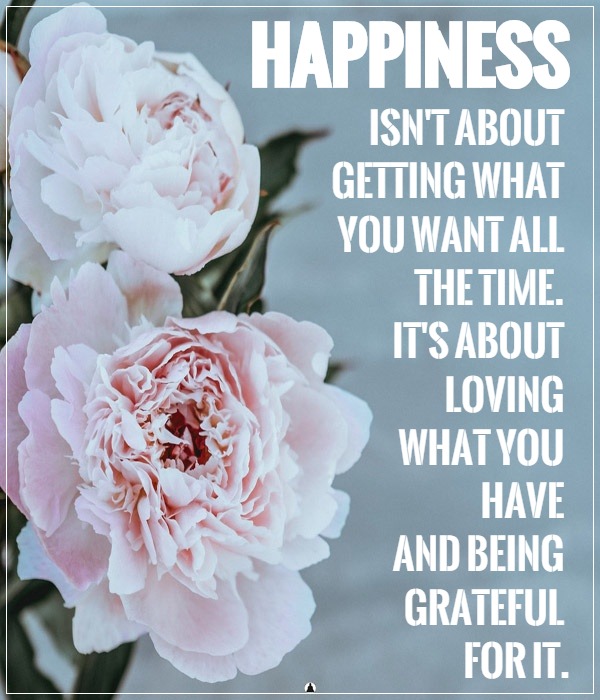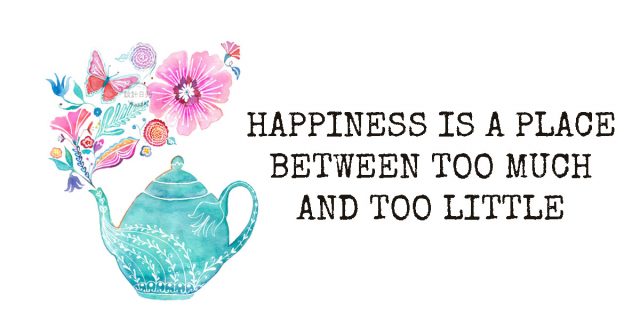Happiness is a profound experience of positive emotions. Regardless of where we are on the happiness scale, it is important to know that each and every person has their own unique way of defining their happiness.
However, recent research has shown that no matter our differences, the true exuberant enjoyment of life or in other words the ‘joie de vivre’ can be achieved by solving the ultimate happiness equation.
What is the happiness equation?
The researchers who conducted a study at the University College London and published it in Nature Communications said that their new equation shows how our state of happiness and joy does not only depends on what happens to us, but also how our situation compares to other people in our life.
But, how exactly can one solve the happiness equation?
The team of researchers stated that they’ve been very confident about their new-found formula since they discovered that they could use it to predict the happiness levels in people based on these factors:
GAMBLING WITH HAPPINESS
What is life if not an endless train of chances?
From the very first moment we arrive in this world, we are taught to choose. We are taught that our future depends on the choice we make today. But, there’s no way to predict what our future has in store for us. Therefore, we have no other choice but to risk.
For example, we choose to go to college, invest our savings, time and effort and hope for the best. Our visualized goals are finding a well-paid, respected job and settling on our own. But, no one can guarantee us that all will work out for the best.
The researchers said that a part of the happiness equation is how we feel when we achieve something based on the amount of risk we took to get there.
If it was a great risk with an even greater reward, we feel ecstatic. Naturally, if it was a smaller gamble, with a smaller reward, we feel not so satisfied with ourselves. This shows that it is exactly our expectations that make a big difference in our state of happiness.
THE ONE IMPORTANT VARIABLE IN THE HAPPINESS EQUATION
Dopamine – the neurotransmitter that regulates brain’s pleasure and reward center. This brain chemical, which is also called the “feel-good hormone” is what makes us experience strong feelings of euphoria, bliss, motivation and above all, happiness.
The release of the hormone dopamine is a direct result of experiencing pleasurable situations, however it is known that this chemical also stimulates us to seek out more pleasurable activities.
The reason why we referred to it as a variable is because, in the Happiness equation, your dopamine levels might be higher, or lower than other person’s, which depends on many factors.

GUILT AND ENVY
“Our equation can predict exactly how happy people will be based not only on what happens to them but also what happens to the people around them,” explained one of the study’s co-lead authors, Dr. Robb Rutledge.
As humans, we tend to feel less motivated and happy when others get more or less than us. But the truth is, this varies a lot from person to person.
The usual feelings we experience are guilt and envy.
Guilt is what we feel when you receive an unequal reward compared to another person. When you have more than some people who deserve to have the same things, you feel guilty because life has been unfair to them.
Envy, on the other hand, is what we feel when someone else receives far more than us. We compare ourselves with the other person and we believe that we deserved more but got very little.
HOW DO COMPARISON AND EXPECTATIONS AFFECT OUR HAPPINESS
As humans, we tend to interact with other people, but we also like to compare ourselves with them.
When it comes to solving the happiness equation, it is pretty simple. If your expectations are too high, it is likely that you will be less happy. The same goes for comparison. Trying to be someone you’re not will never make your dreams come true or fill your heart with happiness.
You are a remarkable, special human being who is brought on this earth for a reason. No one is like you and that is your unique strength. Use it!





